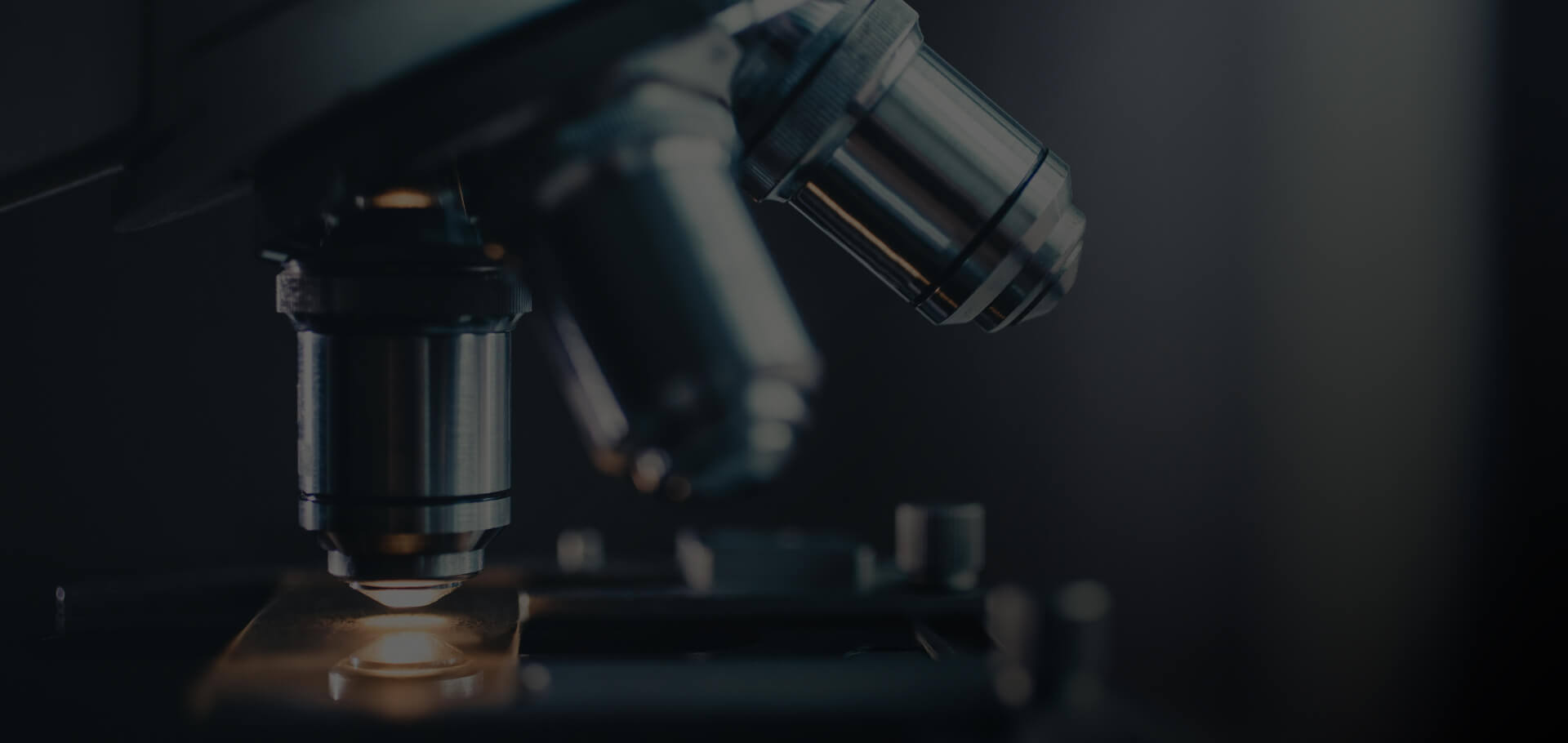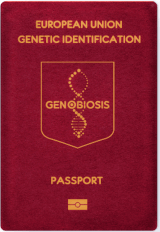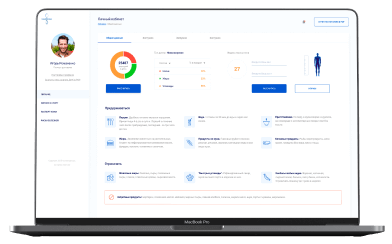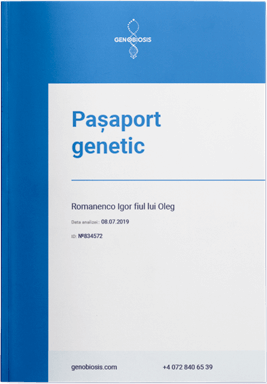Blog - Genetic passport: what is it, who needs it and how is it processed?
Genetic passport (or DNA passport) is a personal medical document containing data on the molecular and cellular analysis of the human genome. Each of us has a unique hereditary code. Knowing it enables us to develop a personalized scheme of nutrition, lifestyle, and treatment of diseases. Genetic analysis is absolutely safe and has no contraindications. The blood, saliva, hair or nails can be the material for investigation.

Security and longevity why is genetic analysis necessary?
A comprehensive genetic test allows you to solve a number of problems that reduce the quality of modern people’s life. The results of such a survey allow getting to know about the likelihood of hereditary diseases transmitted from generation to generation, ethnic affiliation, physical and intellectual abilities. The undisputable advantage of DNA analysis is the possibility of latent diseases early diagnosis.
Genetic passport provides information on
- Reaction to medication
- Infertility and gynecological problems reasons
- Predispositions to various illnesses
- Bone tissue metabolic disorders
- Immune system condition and a tendency to allergies
- Tumor growth (in the case of tumor markers)
Most of the DNA remains unchanged during life, consequently, it is enough to pass the analysis just once - these data can be used any time for the specific purpose intended. Family planning, dealing with health concerns, improving the quality of living and the life expectancy of people suffering from genetic diseases, selecting an individual anti-aging program - this can be done much easier if the patient has the DNA analysis results.

Who and when needs a genetic passport?
Medics are sure that a biometric passport will contribute to the development of healthcare throughout the world since the availability of a single database will improve the work of the medical care specialists. People are not always concerned about the importance of genetic information, but it is actually the reason improvement existing methods and technologies in modern medicine, due to which it is possible to find more effective ways to cure major diseases.
If any of your relatives were diagnosed with oncology, hypertension, diabetes, cardiovascular disorders, then there is a high likelihood that the inheritors will be in the risk group. Modern technologies allow to conduct genetic analysis for children even from the first days of life, it is recommended to have the test after 14 years, in order to obtain precise results
The investigation of the effect of medicines on the genetic code and heredity is the subject of pharmacogenetics. Considering that sometimes changes in DNA can be the result of prolonged pharmacological therapy, it is recommended to take the test for those who monitor not only their health but also care about the offspring’s well-being.











 Call
Call